Vinyl Dreams & Digital Streams: How the Music World Changed in 40 Years
Two Worlds, One Career
To have a career in music is a gift. To have one that spans two completely different universes is... something else entirely. When I was recording my first albums in the 1980s, the world was analog. It was a world of vinyl records, radio DJs, and late-night MTV. Today, as I release my new EP, My Continuum, the world is digital—a place of streaming algorithms, TikTok sounds, and instant global connection.
I've had the rare privilege of standing with a foot in both worlds, and it's given me a unique perspective on just how much has changed, and what, surprisingly, has stayed exactly the same.
The 80s: The Age of the Gatekeeper and the Physical Object
In the 80s, making an album felt like a monumental undertaking. I was incredibly fortunate to work in professional studios and collaborate with legendary producers like Bob Wilson of Seawind on my album New Dimensions. The process was tangible—the smell of analog tape, the massive mixing consoles, the feeling of holding a finished vinyl record in your hands for the first time. Music was a physical object.
Discovery was also a physical journey. You had to go to a record store, browse the aisles, and take a chance on an album cover. The gatekeepers were powerful: a handful of radio DJs in each city, the programmers at MTV. Hearing your song on the radio for the first time was the ultimate validation because you knew someone had to believe in it to put it on the air. The connection with fans was more distant—it came through fan mail and the energy you felt from a live audience.
Today: The Age of the Algorithm and Direct Connection
Today, the world has been completely democratized. The studio can be a laptop. A song can be recorded, mixed, and uploaded to a global audience in a matter of hours. Music is no longer an object; it's a stream of data, accessible to anyone, anywhere, instantly.
The gatekeepers have changed, too. It’s no longer just about radio; it’s about the Spotify algorithm, the curator of an influential playlist, or a TikTok user who turns a 15-second clip of your song into a viral trend.
The most profound change, for me, is the connection with the audience. Through tools like Spotify for Artists, I can see in real-time that people in Japan, Germany, and Brazil are listening to a song I wrote 40 years ago in Hawaii. I can read comments on Instagram from someone who just discovered my music. That direct, instantaneous feedback is something my generation of artists could have only dreamed of.
What Hasn't Changed
For all the technological shifts, the core of it all remains unchanged. A great song is still a great song. The goal is still the same: to write something honest that connects with another human being on an emotional level.
Whether it’s a fan in 1984 buying my vinyl record or a new listener in 2025 discovering "Next Time I'll Be Better" on a playlist, the magic happens in that moment of connection between the music and the listener.
It’s this bridge between the old world and the new that I’ve tried to capture in my latest project, My Continuum. It’s a collection of songs written with the benefit of a lifetime of experience, but recorded and shared with the tools of today.
The technology will always change, but the story in the song remains forever.
More on the Music Industry: Then & Now
How did artists make money in the 80s? In the 80s, revenue was primarily driven by physical sales (vinyl records, cassettes), ticket sales from live tours, and merchandise. Radio airplay was crucial as it directly fueled album sales.
Is it easier to be a musician today? It's a trade-off. It’s easier to record and release music to a global audience today thanks to technology. However, it's much harder to get noticed in a world where millions of songs are released every month. The challenge has shifted from access to discovery.
What is an algorithm in music? A music algorithm (used by services like Spotify and YouTube) is a complex system that analyzes your listening habits—what you play, what you skip, what you share—to predict and recommend new songs you might like. It has become the new "radio DJ" for the streaming generation.
What's a song you discovered the "old-fashioned" way that you still love today? I'd love to hear about it in the comments.
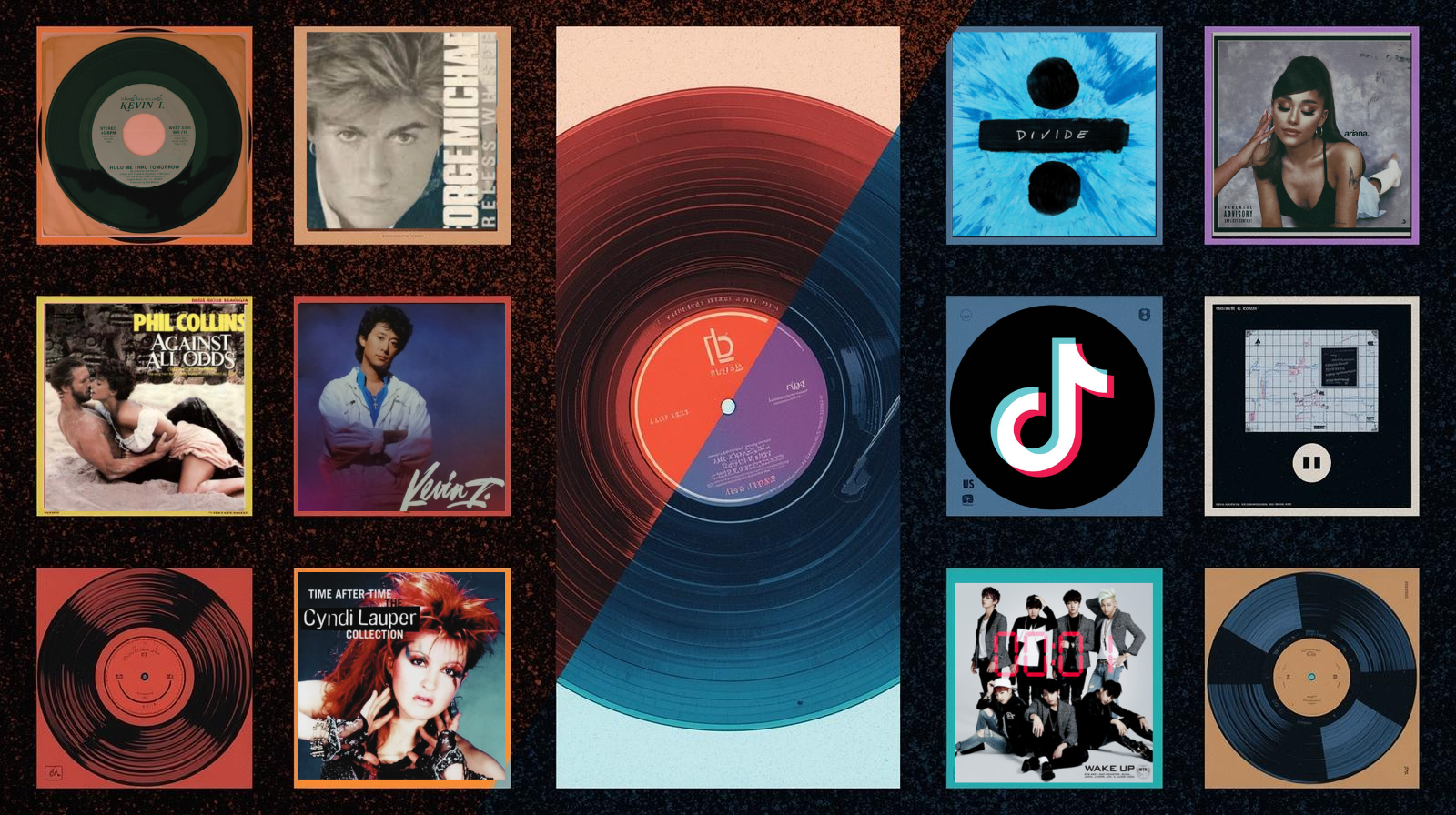



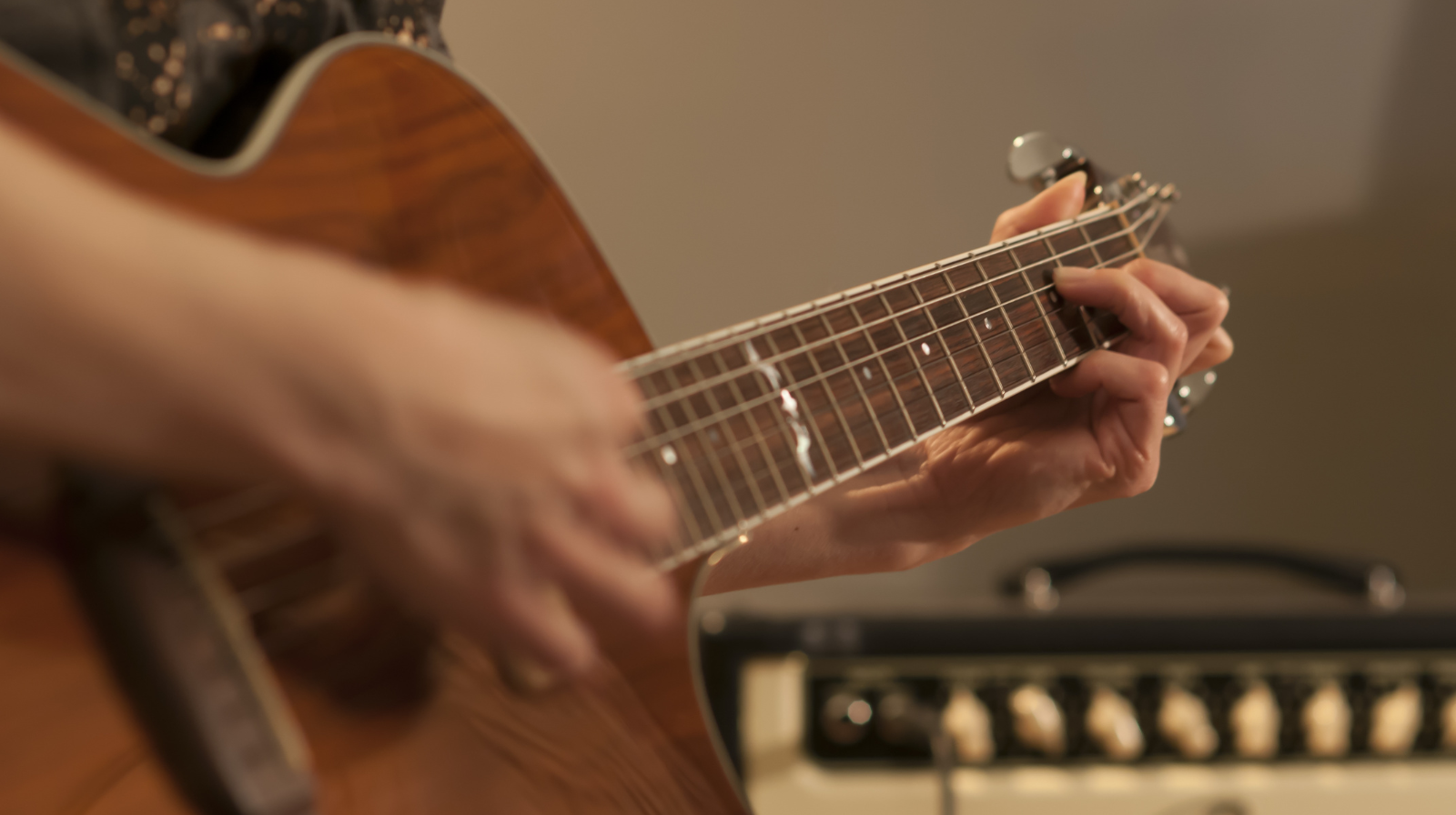
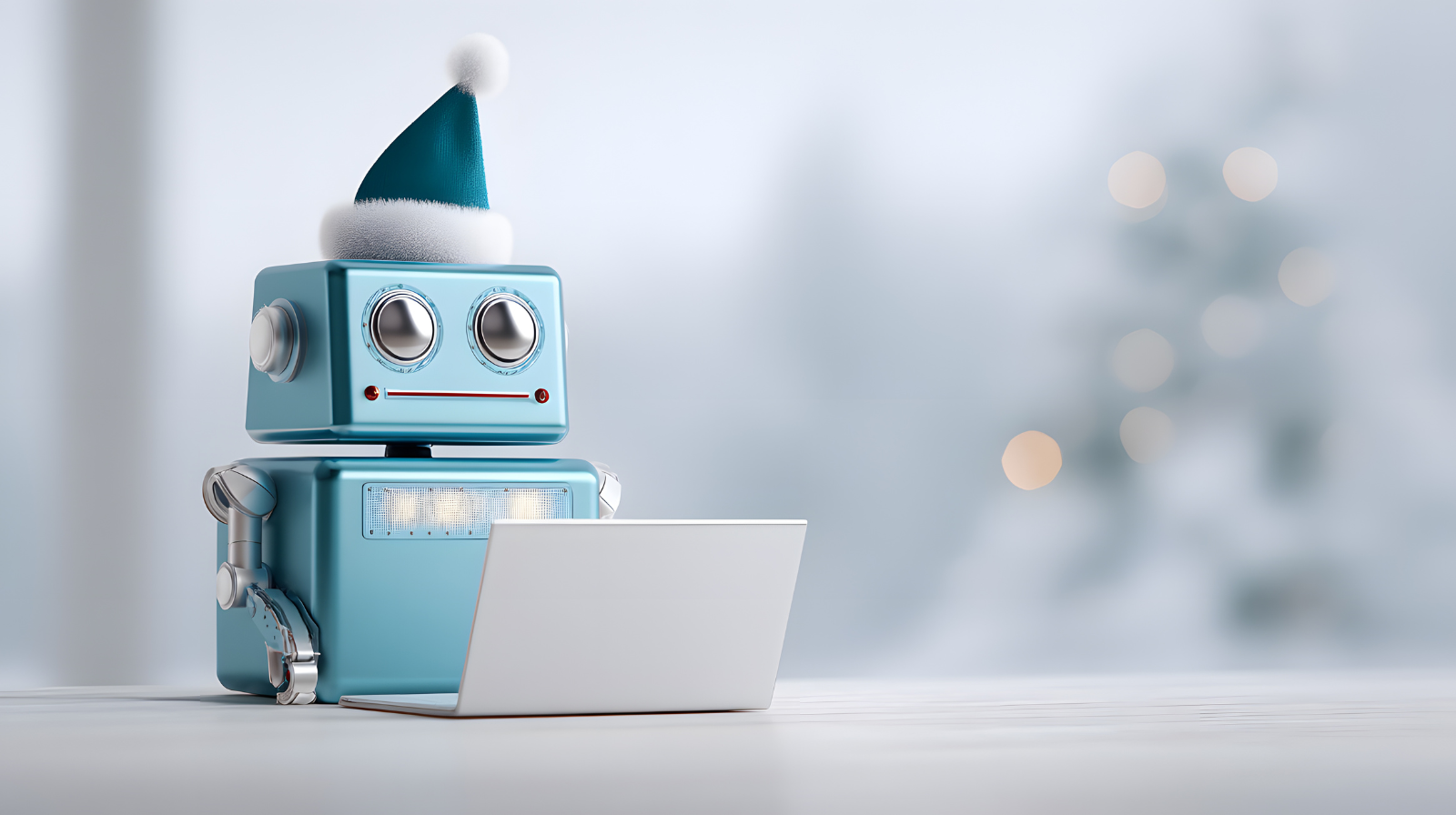
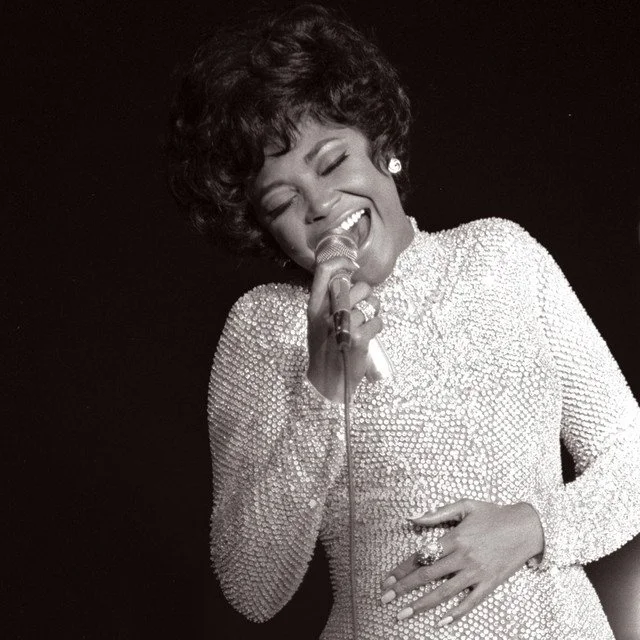
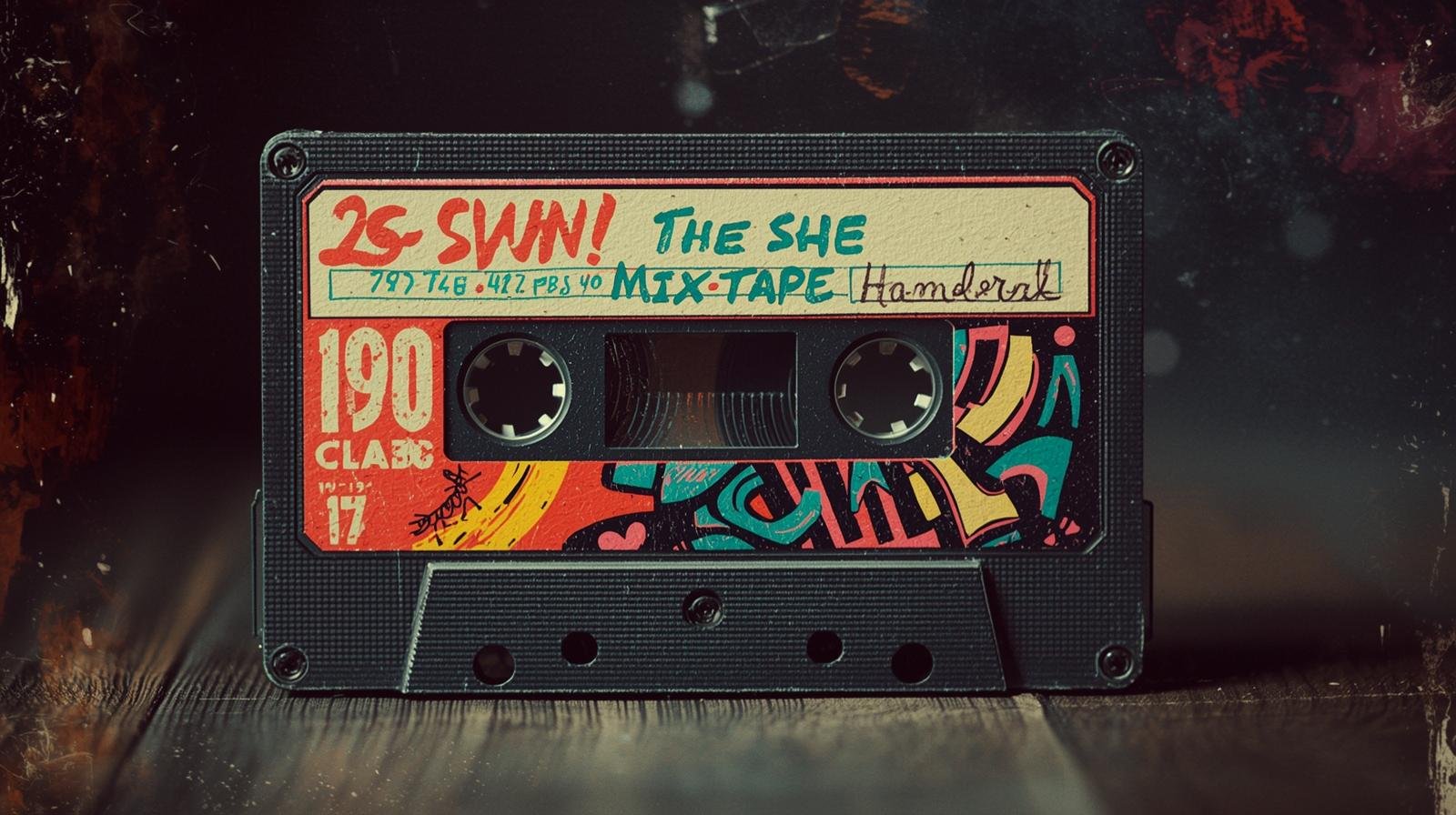


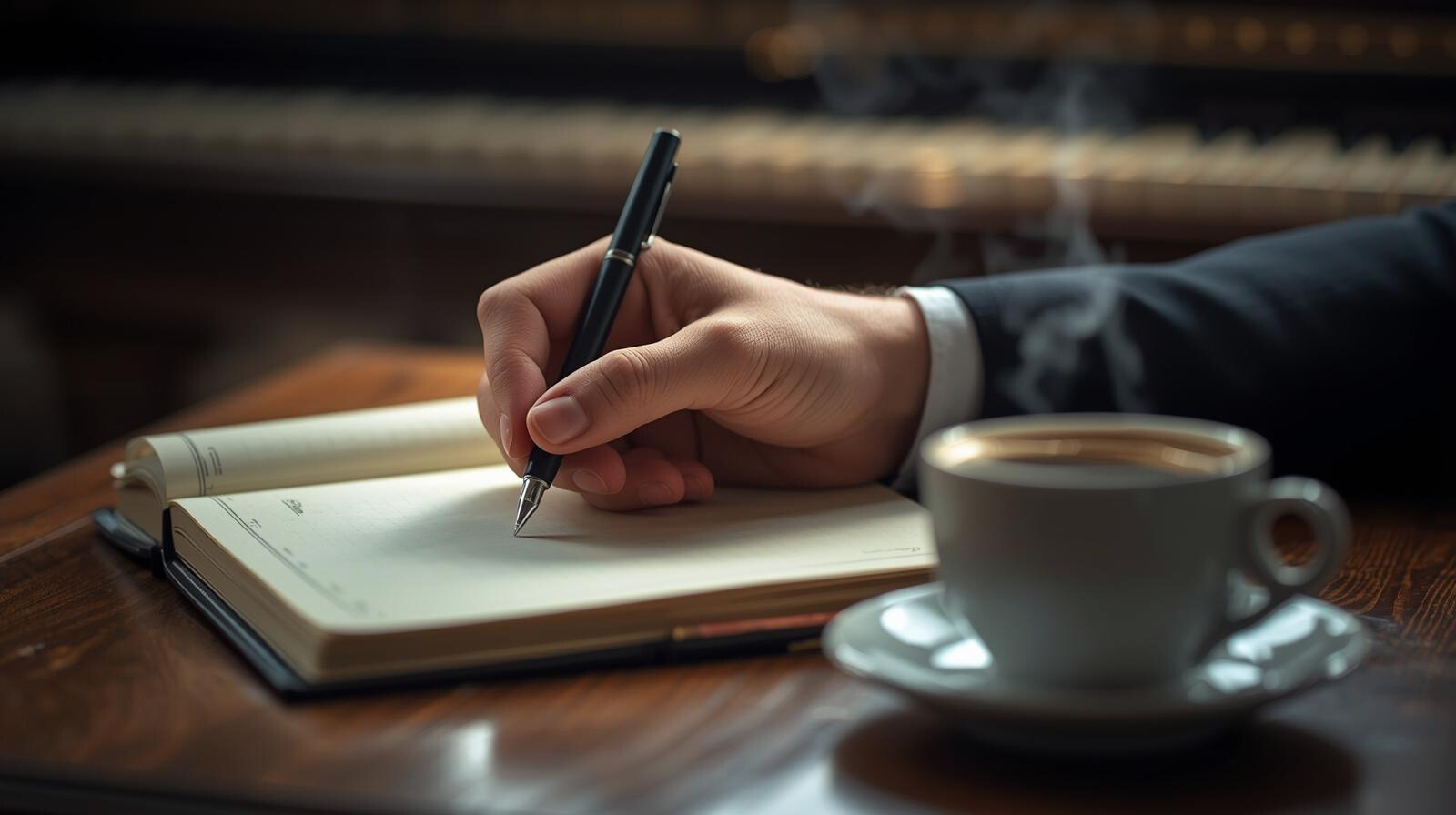
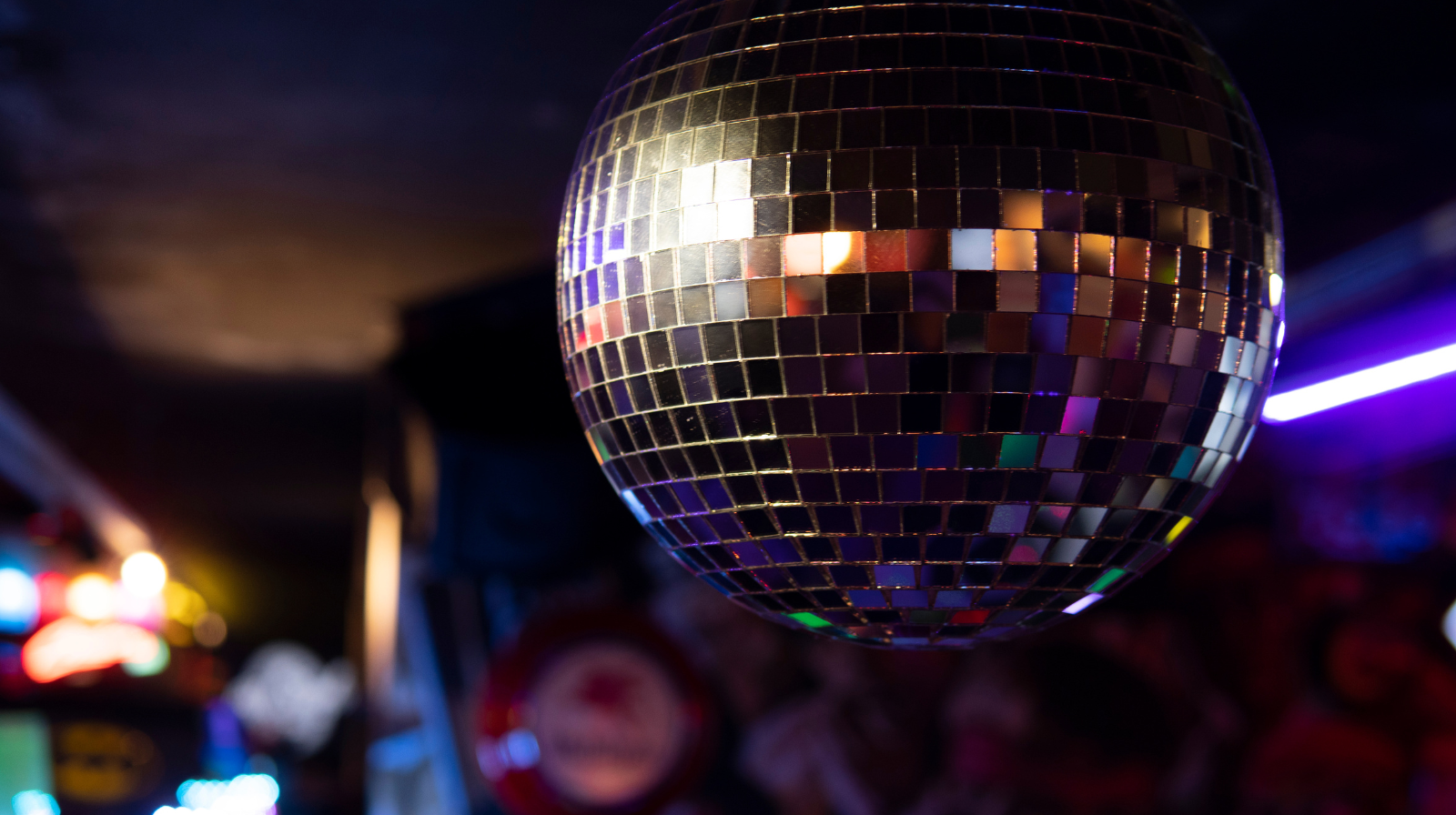

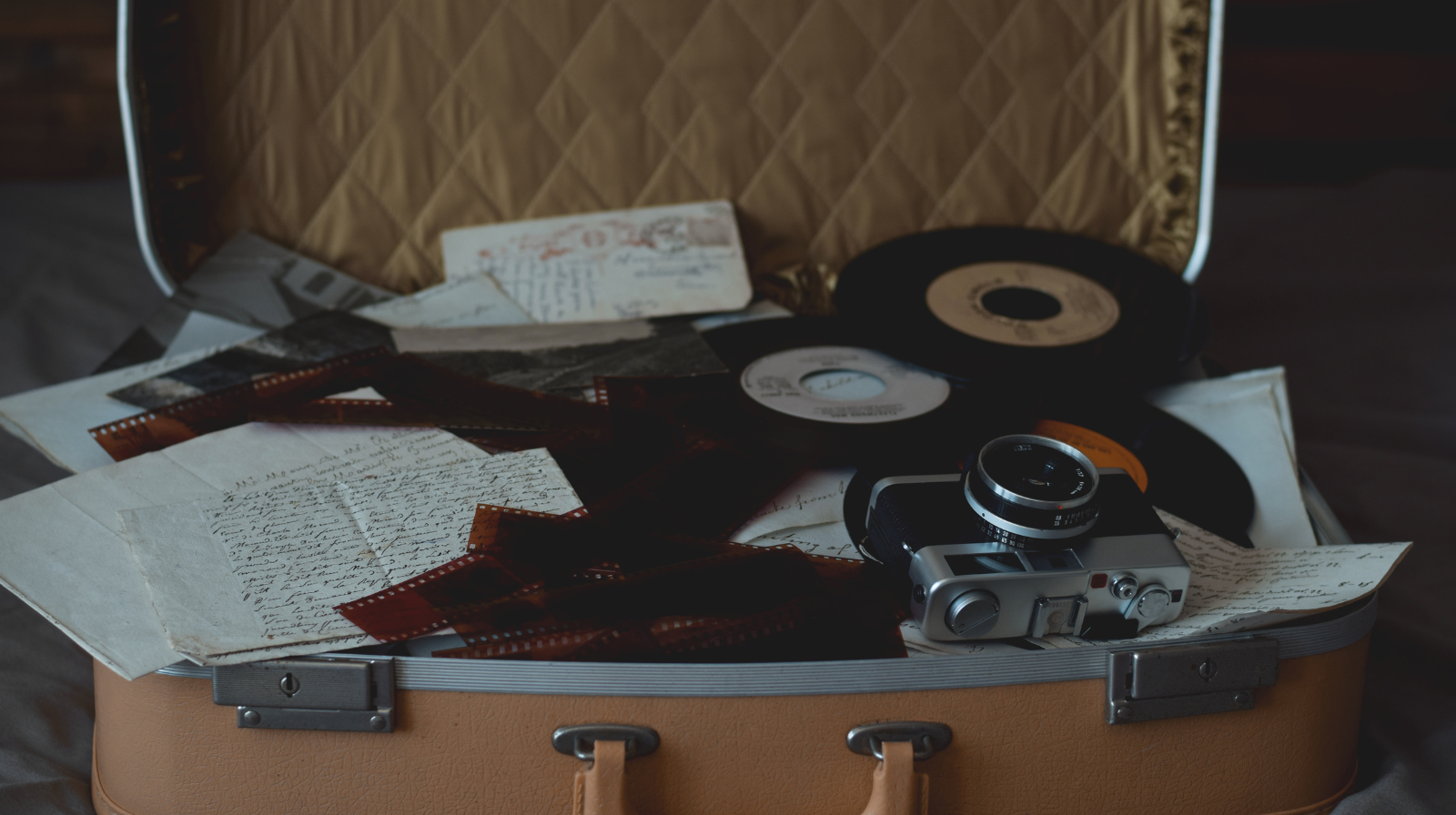


Stuck on a song? Veteran songwriter Kevin I. shares personal strategies to break through writer's block, from collaboration to stepping away.